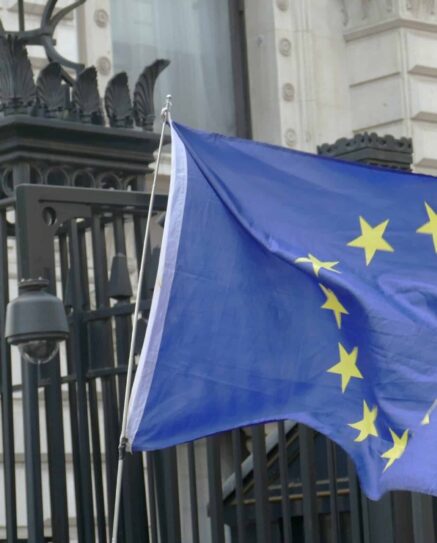Brexit Update - Getting Ready for the End of the Transition Period

The European Union has stated that, as from the end of the Transition Period (31 December 2020), there will be “broad and far-reaching changes…under any scenario”.
There are significant legal implications for individuals and businesses particularly if there is only a limited deal or even a no deal (https://ec.europa.eu/info/sites/info/files/brexit_files/info_site/com_2020_324_2_communication_from_commission_to_inst_en_0.pdf).
The changes will affect those wanting to trade with the EU, e.g. certificates issued by UK authorities to companies within to sell or transport within the EU will no longer be necessarily recognized.
Similarly, a person’s UK qualifications will no longer be automatically recognized to enable them to work in the EU. Further, whilst UK nationals will not need a visa to go into the EU, they will be able to stay for no more than 90 days and will face a series of other restrictions once there, from healthcare to pet travel.
On 16 March, the EU began publishing a series of sector specific Readiness Notices which are regularly updated here https://ec.europa.eu/info/european-union-and-united-kingdom-forging-new-partnership/future-partnership/getting-ready-end-transition-period
Company Law
There are significant implications for companies: https://ec.europa.eu/info/sites/info/files/notice-to-stakeholders-brexit-company-law_en.pdf
As a precis, after the end of the Transition Period
1. Incorporation
Companies incorporated in the UK will be treated as “third country companies”. This means that they may not be automatically recognised by EU Member States. This could have implications as to whether the entities are recognised to have separate legal personality and limited liability for shareholders. There are also implications for branches which need to be considered.
2. Disclosure
Third parties (such as creditors and investors) will no longer be able to rely on consistent policies on disclosure of company information. Currently, there is a consistency across the EU which simplifies matters. In particular, information at Companies House will no longer be exchanged via BRIS nor accessible through the European e-Justice Portal.
3. Cross Border Mergers
Cross-border mergers which have not completed by the date of the transition period will potentially be subject to different rules on mergers – normally based on where the target company is based if that it how it is structured.
4. Shareholder Rights and Engagement
There are cross-EU rules on shareholder rights and transparency obligations as well as share-ownership responsibilities (i.e. monitoring of the investee company, voting, etc.). The relevant directive will no longer apply to companies which have their registered office in the UK or which are only listed on a stock exchange in the UK. Accordingly, there could be divergence in shareholder obligations and rights across the EU. Investors will need to take account of variations.
Photo by Frederick Tubiermont on Unsplash
If you have any questions, please get in touch with Robert.
Robert Marcus Partner - Commercial +44 (0) 20 7846 2370 robert.marcus@jurit.comPlease note this paper is intended to provide general information and knowledge about legal developments and topics which may be of interest to readers. It is not a comprehensive analysis of law nor does it provide specific legal advice. Advice on the specific circumstances of a matter should be sought.








